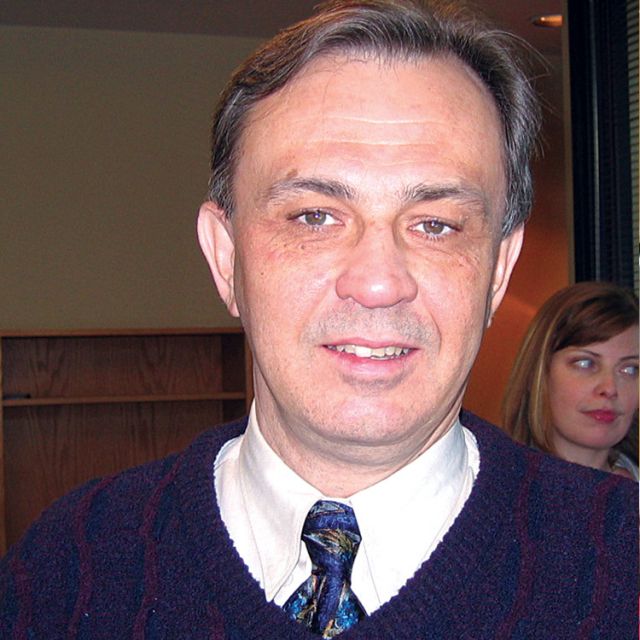D&P executive director Michael Casey said the 3D process is still a work-in-progress and needs final approval by the agency’s National Council. It is the product of the work of the bishops’ Standing Committee on Development and Peace and the D&P Liaison Committee struck to work closely with the bishops as they guide the agency’s reflection on Pope Benedict XVI’s 2009 social justice encyclical Caritas in Veritate.
Prior to 2009 reports criticizing some overseas D&P partners as “pro-abortion” for working to liberalize abortion laws, D&P reportedly had no specific policy on abortion when it came to its non-Catholic partners. That is no longer the case. Casey said partners are made aware of “our positions and our shared values” as a Catholic agency in the discernment process.
The 3D process is a “working framework set up for discussion with the standing committee if some controversy arises with a partner,” Casey said. “This is not just an arbitrary reaction to something in the media or some comments made about our partners.”
This decision-making process addresses concerns many D&P supporters raised about maintaining the agency’s lay-run character.
The proposal about decision-making was a priority, Casey said, and is “an affirmation of the status of Development and Peace as a lay organization with responsibility for the programs that we do.”
As part of relations D&P’s long-term partners, “we wanted to make sure we had a fair and equitable process for reviewing them at any time controversy might arise.”
The bishops’ conference has encouraged people with concerns about D&P partners to bring them to the standing committee. But Casey said he did not know of any specific complaints by individuals. The issues discussed by the committee have come from bishops on the committee seeking clarification, something their brother bishops might want to know or something that may have arisen in their dioceses, he said.
The committees have also jointly discussed the impact of the new agreement with CIDA that has reduced federal funding of D&P by $5 million a year, “about 25 per cent of our total budget,” Casey said.
All development agencies are facing budget crunches as countries in North America and Europe cut back in the face of the mounting debt crisis and foreign aid is reduced, he said.
“We have to look for other resources,” Casey said.
‘3D’ decision-making helps D&P make decisions on overseas partners
By Deborah Gyapong, Canadian Catholic NewsOTTAWA - The Canadian Catholic Organization for Development and Peace is drafting a policy to make decisions about overseas partners, especially if controversy arises, that will give the agency the final call concerning its non-Catholic partners in the global south.
It’s dubbed the “3D approach to partnership,” according to a joint news release June 18 from D&P and the Canadian Conference of Catholic Bishops. The 3Ds are dialogue, discernment and decision.
“Dialogue would include conversations by Development and Peace with its actual or proposed partners,” the joint release said. “Discernment includes the ways by which (D&P) liaises and dialogues with its partners and with the bishops of Canada as well as with local bishops in the global south.”
Please support The Catholic Register
Unlike many media companies, The Catholic Register has never charged readers for access to the news and information on our website. We want to keep our award-winning journalism as widely available as possible. But we need your help.
For more than 125 years, The Register has been a trusted source of faith-based journalism. By making even a small donation you help ensure our future as an important voice in the Catholic Church. If you support the mission of Catholic journalism, please donate today. Thank you.
DONATE
